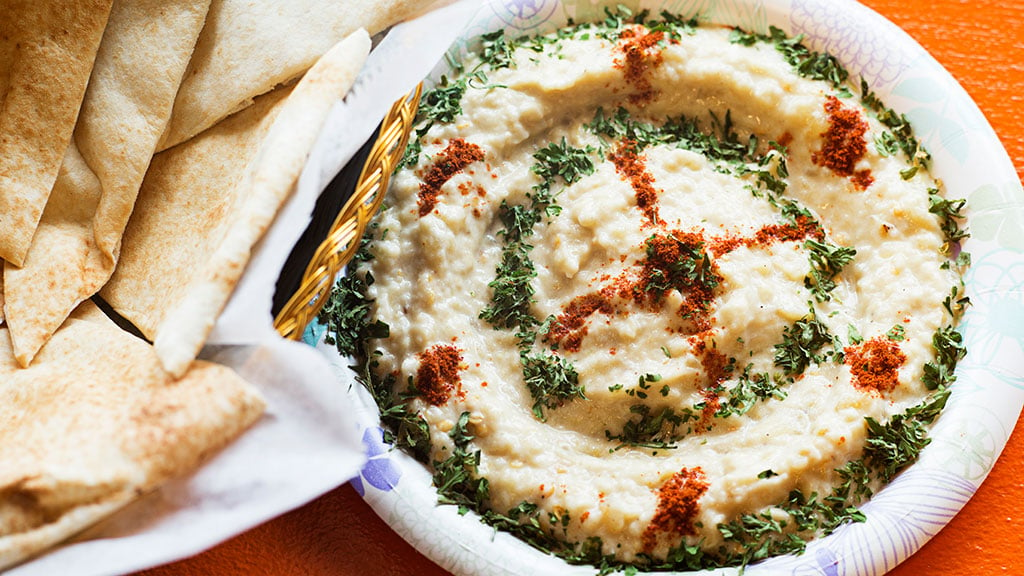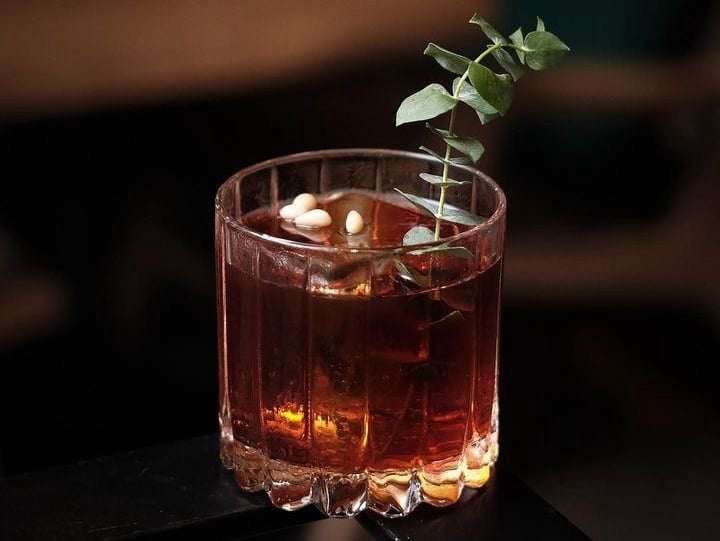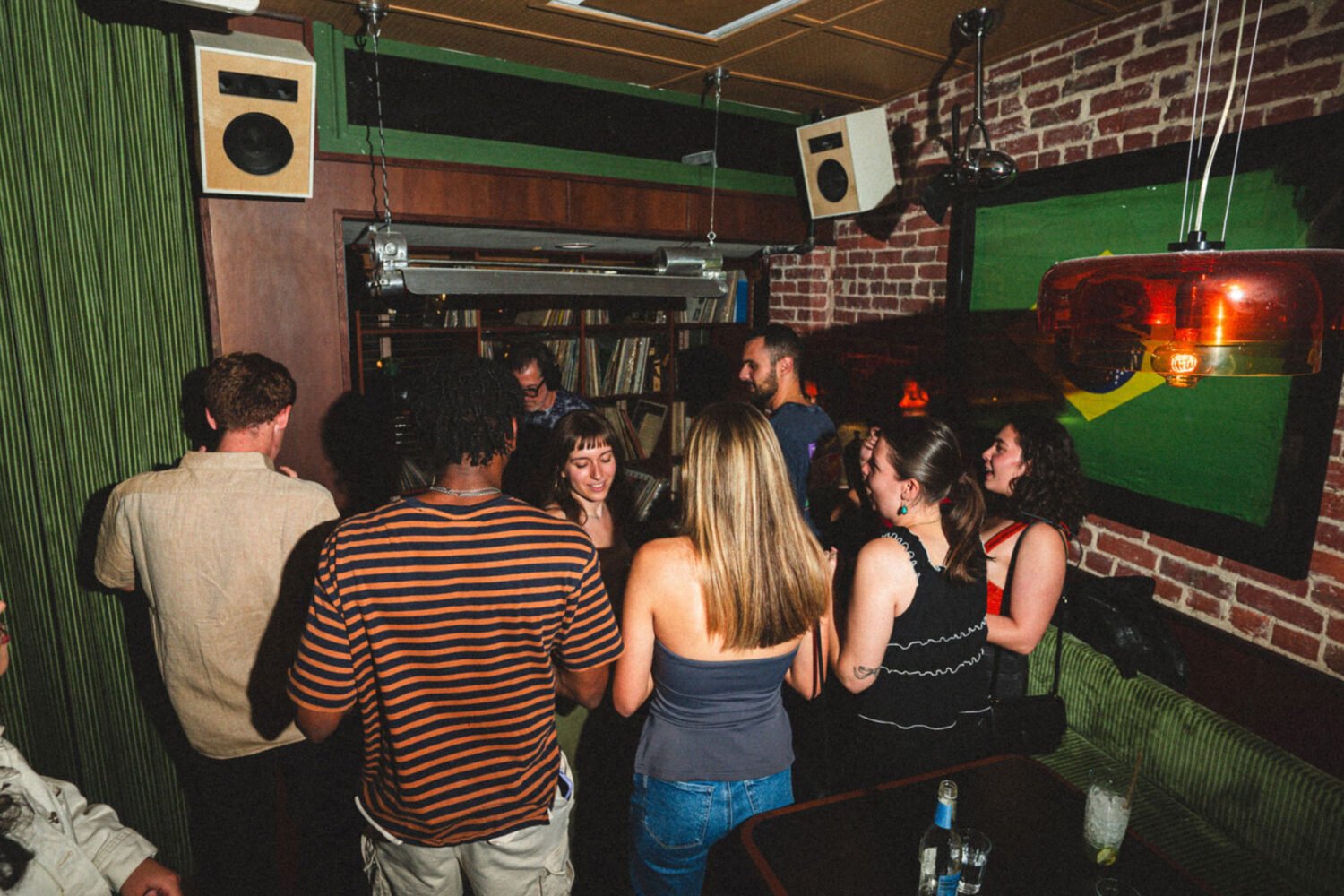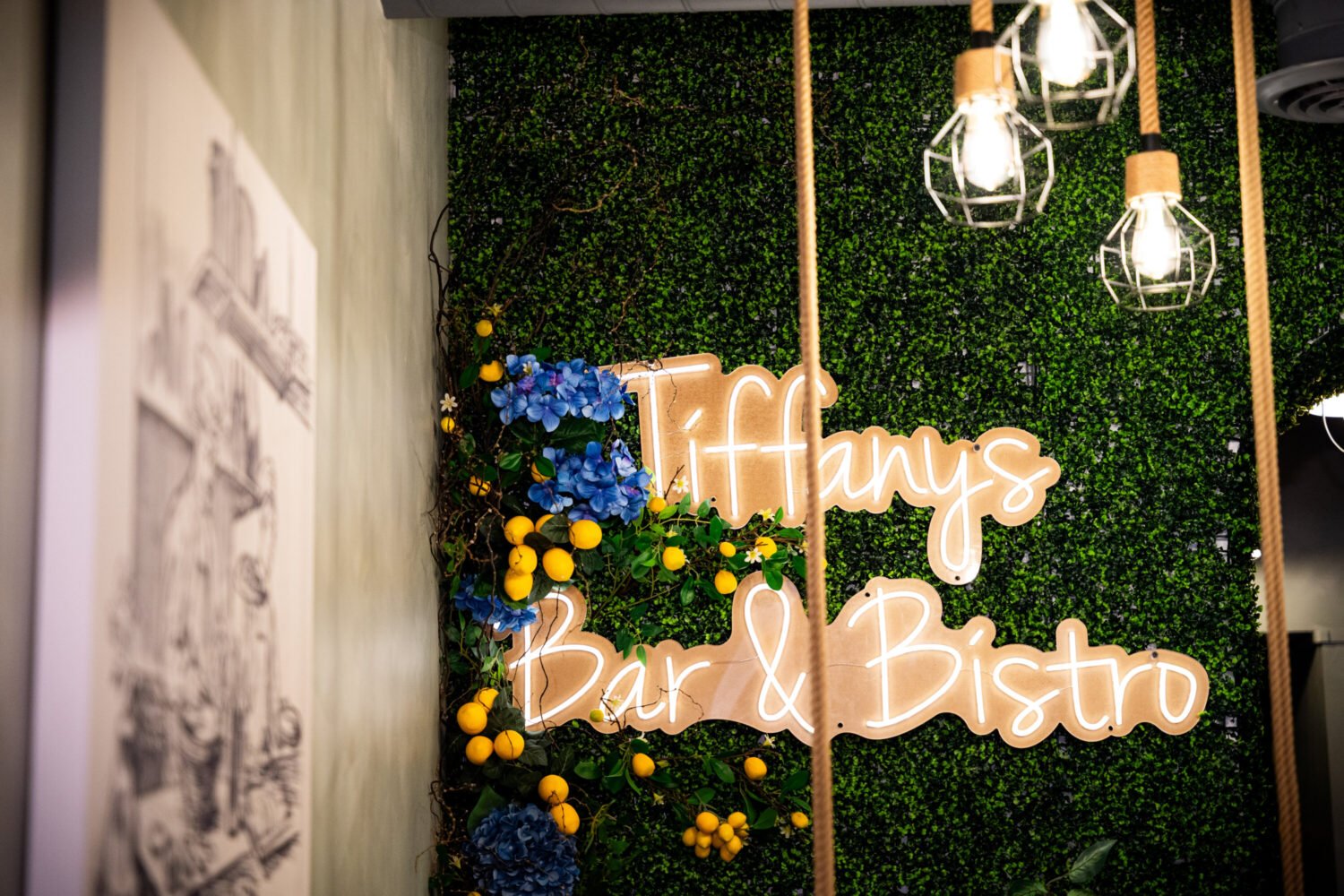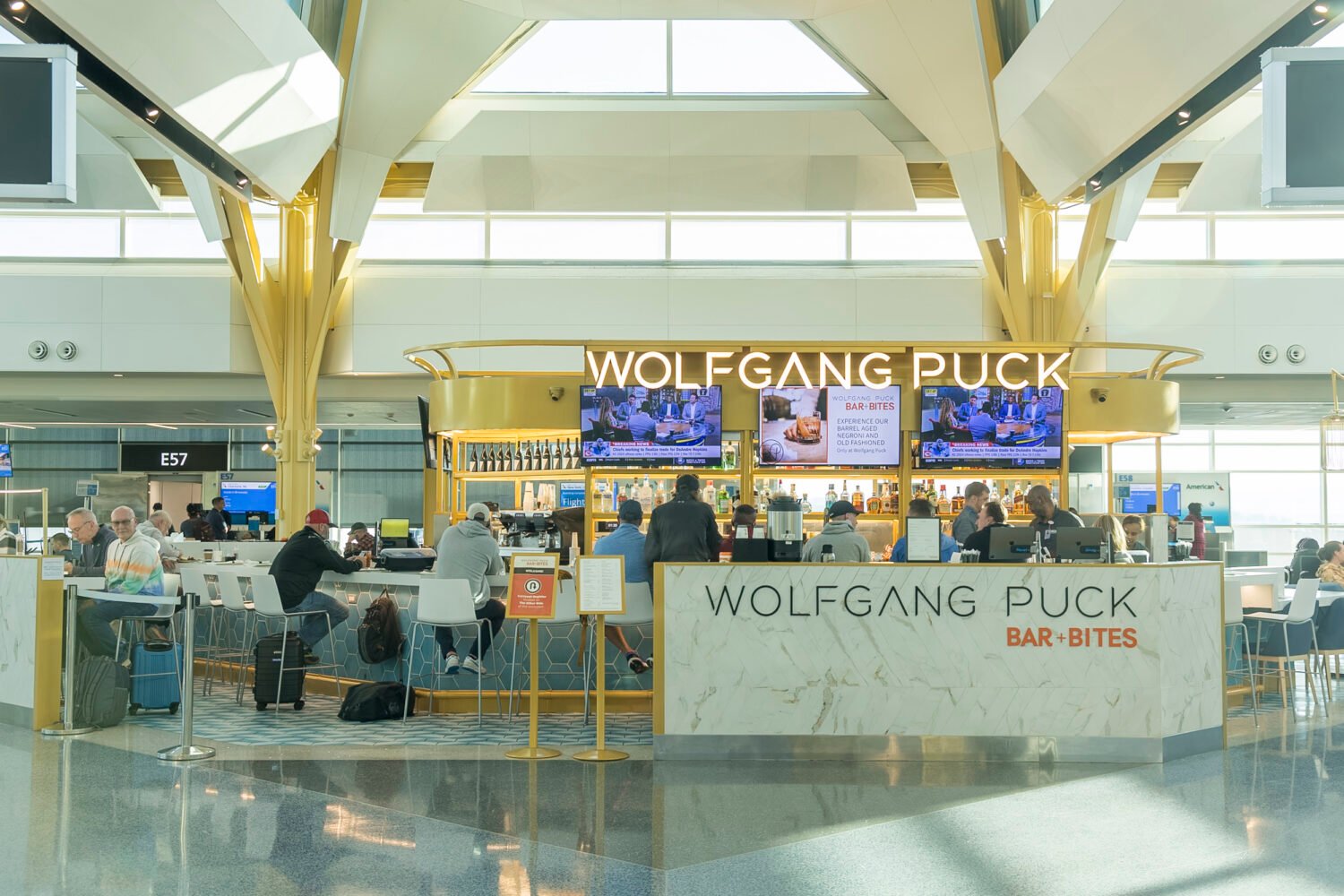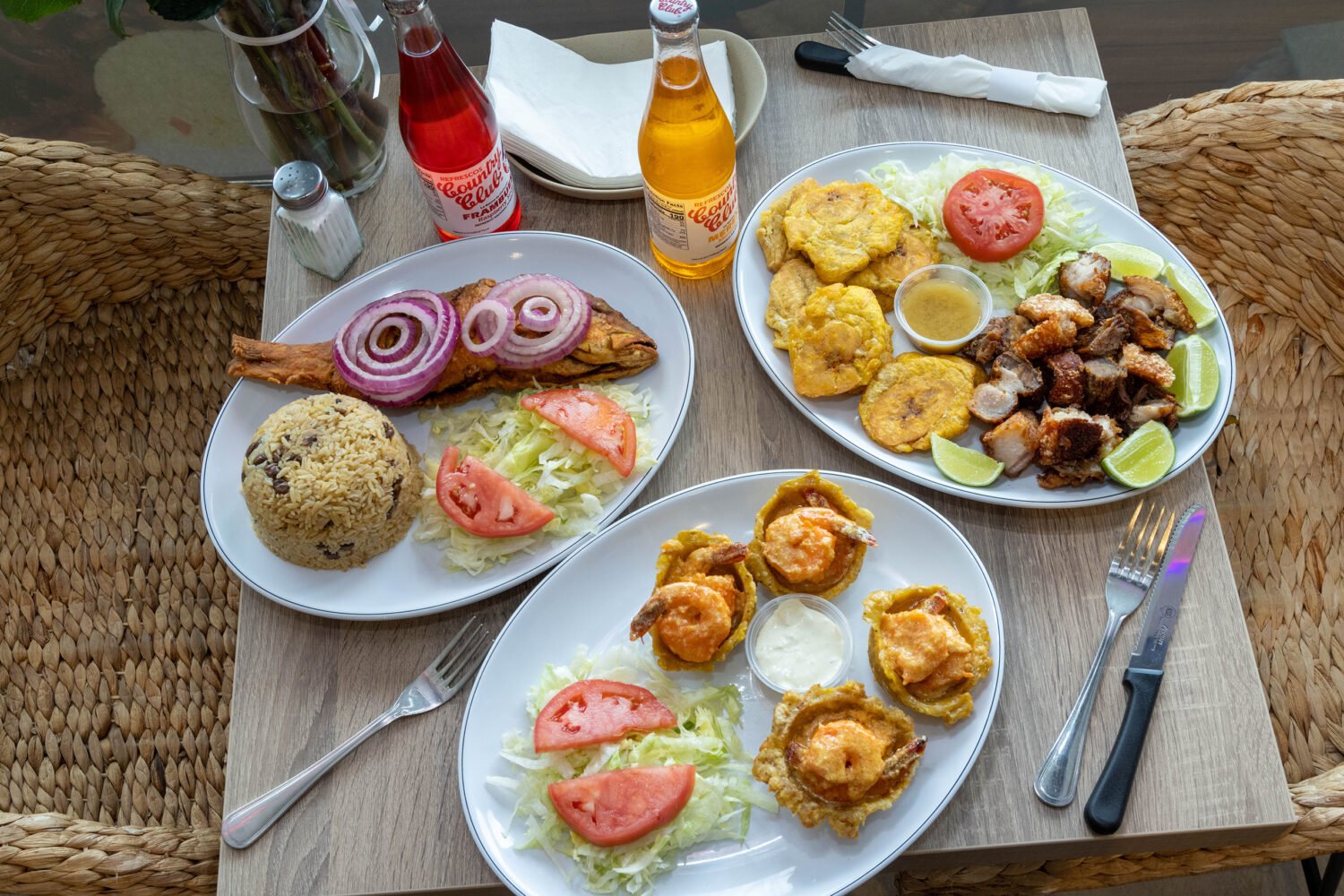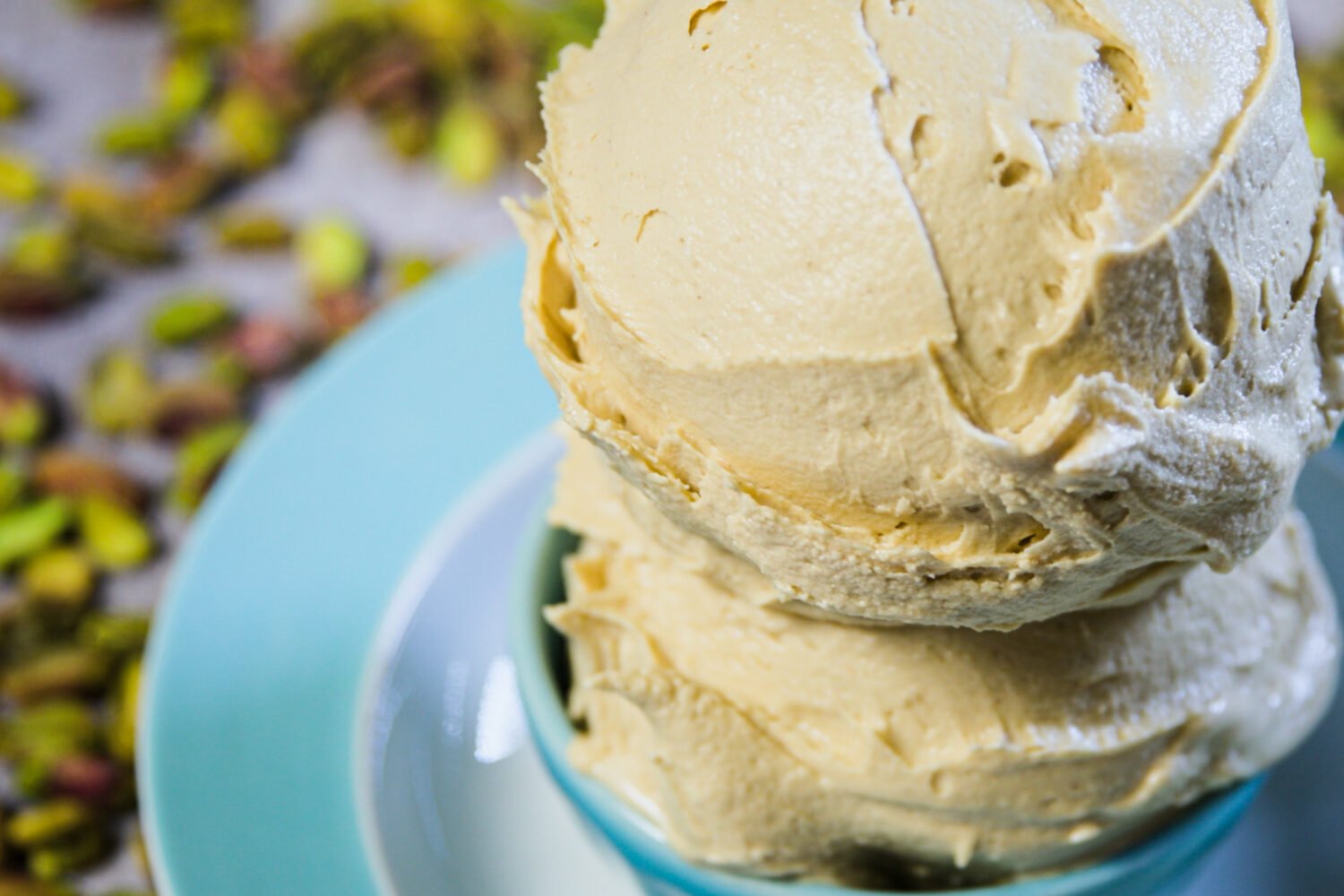The door to Alsaray advertises “Middle Eastern cuisine.” The imprecision is neither vague nor generic. In a metropolitan area where a kebab house could be Persian or Pakistani and where Lebanese, Israelis, and Jordanians debate who makes the best hummus, it serves, rather, to emphasize a shared culinary heritage.
The warmest welcome, however, is found in the cooking, which is good across the board. Don’t miss the pickled eggplants ($3.95), palm-size versions of the vegetable stuffed with garlic, hot peppers, and lemon. Their brightness and tang make them ideal to munch on between heartier plates such as the lamb chops ($14.95), served three to an order. The meat was perfectly cooked the night I had it, with a pleasant gaminess.
Dips and salads are essential to the Lebanese table, and Alsaray gets them right. The baba ghanoush ($4.95) is more smoky than bitter, the hummus ($4.25) is balanced, the tabbouleh ($4.95) tastes vivid even with winter produce, and the fava-bean-based foul ($5.25) is the product of long, slow cooking.
The menu glances at Lebanon but leans toward Egypt, including in two dishes you won’t find anywhere else: kibdah iskandarani ($7.95)—in which slices of fried liver are tossed with chilies and lemon—and kushari ($7), a comfort food bringing together lentils, chickpeas, and sticky fried onions atop elbow macaroni, rice, and a splash of hot sauce. Like okonomiyaki—that Japanese pancake best appreciated after a night of barhopping—kushari isn’t subtle, but that’s the point: It’s meant to be scarfed, not picked apart. Among the desserts are a fine rendition of kunafa ($2), a crunchy, slightly sweet cake of slow-cooked shredded wheat, and om ali ($3.95), a croissant submerged in butter-laced milk and topped with crushed pistachios.
The small, simple dining room’s white leather booths were all but empty on my visits. A shame. It’s not often you find novelty and quality, and at such low, low prices.
This article appears in our January 2016 issue of Washingtonian.

